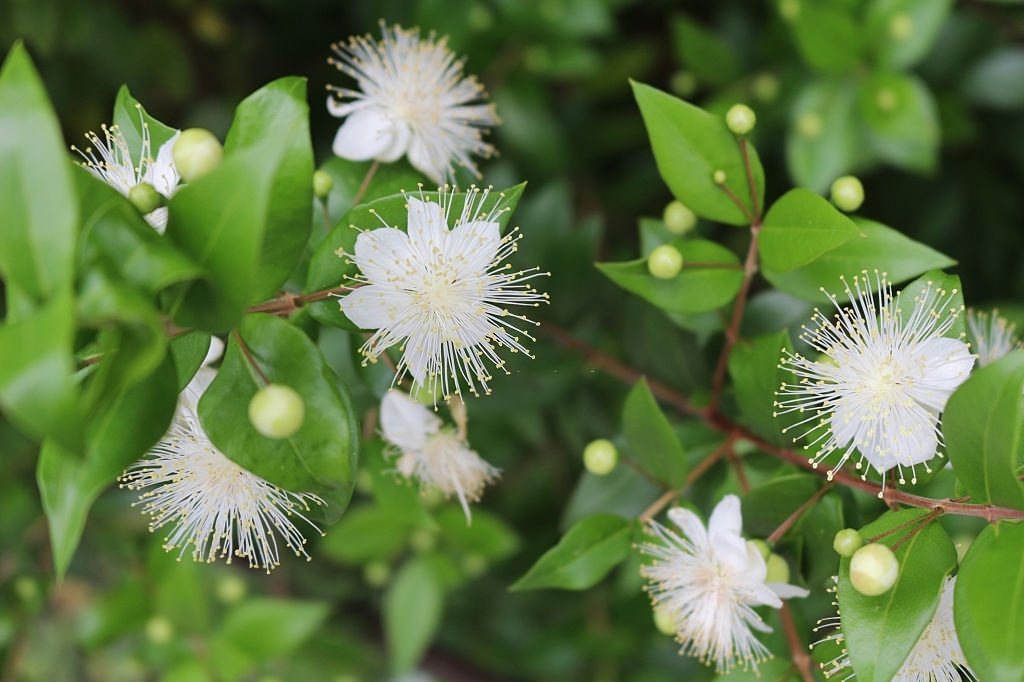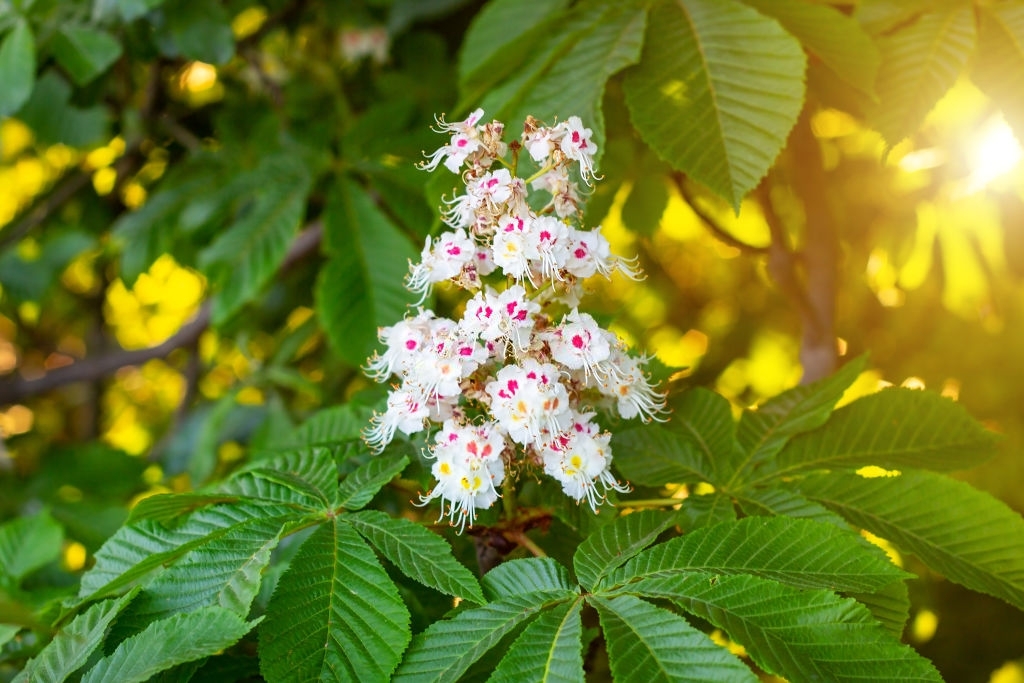Rap Phyto Gel Tonic Light Legs citrus 150 ml
Tones, relieves and relaxes the swollen and painful legs, for light legs all day long.
Description of Rap Phyto Gel Tonic Light Legs Citrus 150ml
Rap Phyto Gel Tonic Light Legs Citrus 150 ml helps to find light legs and improve the circulation of venous durably. The freshness that gel provides upon application is very pleasant, instantly relieving unpleasant feelings of heaviness. The active ingredients of this gel, which are the Marron d'Ind e, the Petit Houx and the Black Crowberry known for their decongestant and soothing properties , tone, relieve and relax the legs even the most tired and at any time of the day. Ultra-practical, this refreshing gel has a non-sticky texture that penetrates quickly and can be applied directly to tights.
Your legs find their lightness and comfort .
Advice for use and dosage
Apply twice daily, gently massaging from the bottom to the top.
Rap Phyto Gel Tonic Light Legs Citrus fragrance can also be applied on socks, stockings or compression tights for even greater action on venous circulation.
Comment on advice for use and dosage of Rap Phyto Gel Tonic Light Legs citrus 150 ml with our partner Avis checked after your purchase.
Composition
INCI formula: Aqua, alcohol denat, glycerin, menthol, sodium acrylate copolymer, pentylene glycol, propylene glycol, lecithin, empetrum nigrum fruit juice, chlorphenesin, disodium edta, ruscus aculeatus root extract, hippocastanum aesculus seed extract, potassium sorbate, sodium benzoate.
Precaution of use
Keep out of reach of children.
Introducing Rap Phyto Gel Tonic Light Legs Citrus 150ml
Rap Phyto is a 150 ml tube.
Our advice and expert advice in pharmacy
What are the possible causes of heavy legs ?
- Water retention
- poor circulation
- prolonged standing
- overweight
- long walk
- heat
A set of factors that can disrupt the blood circulation of your legs resulting in: swelling, heaviness, pain and a feeling of tired legs. Light leg products promote blood circulation, drain and relieve, all in a whirlwind of freshness for lighter legs and immediate well-being.







